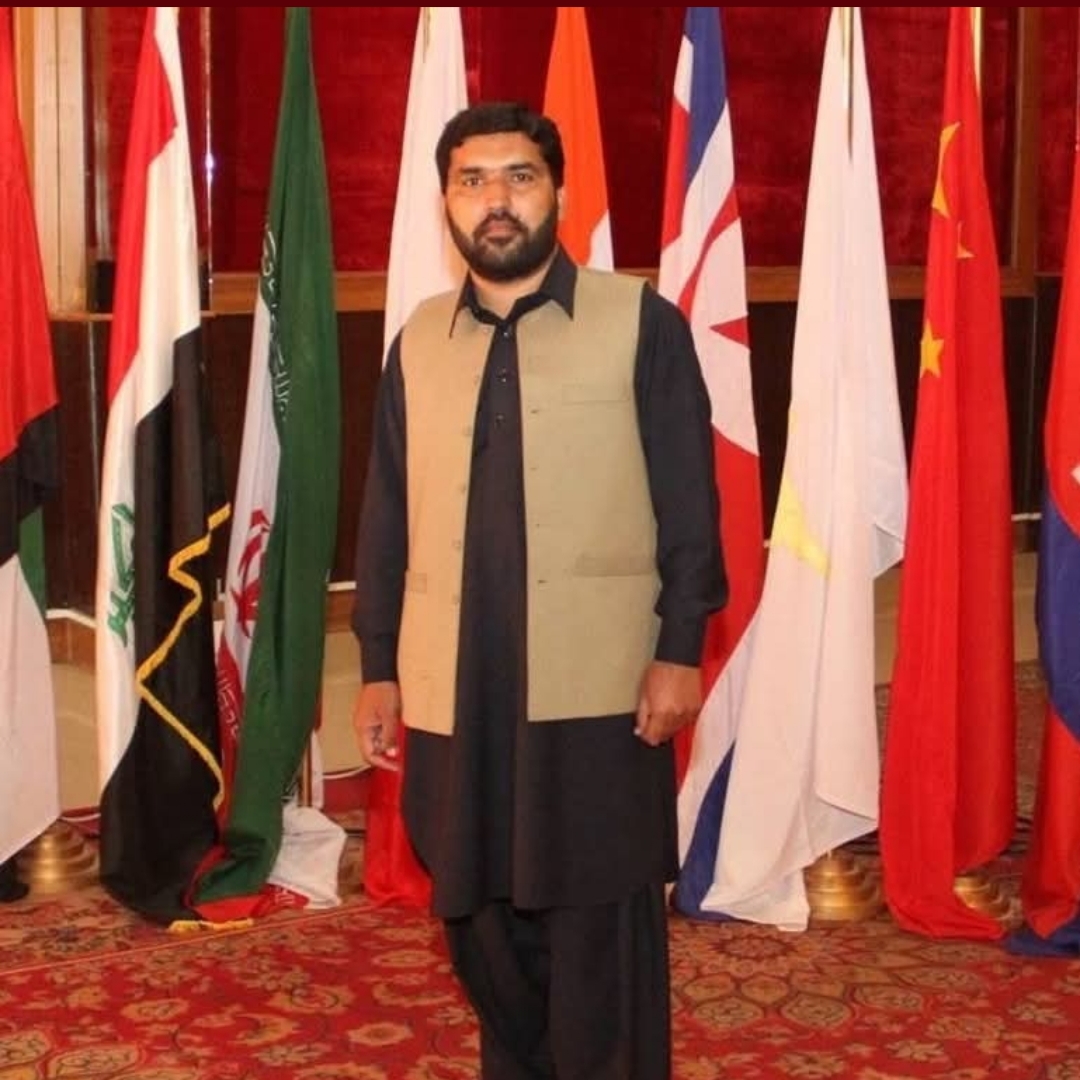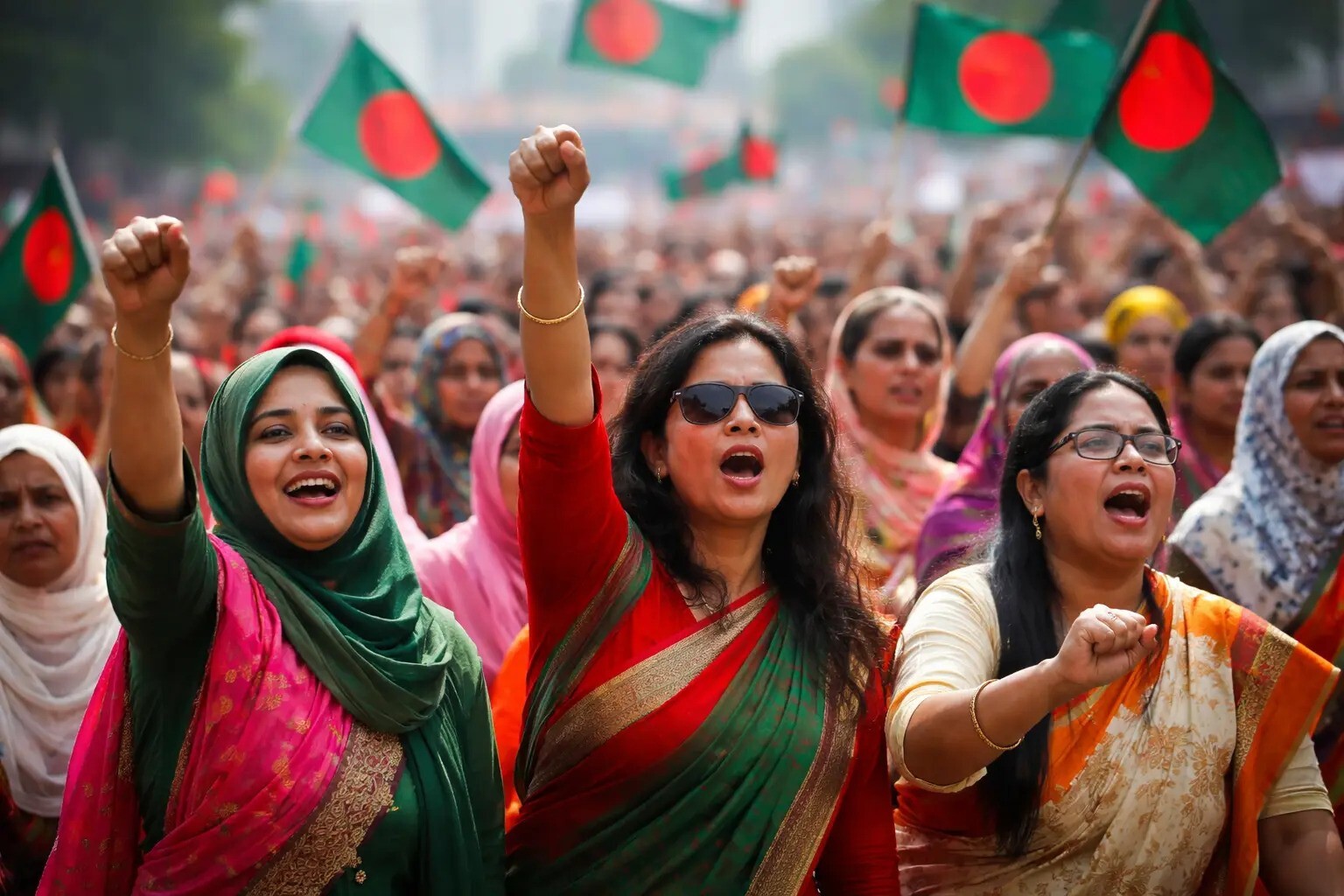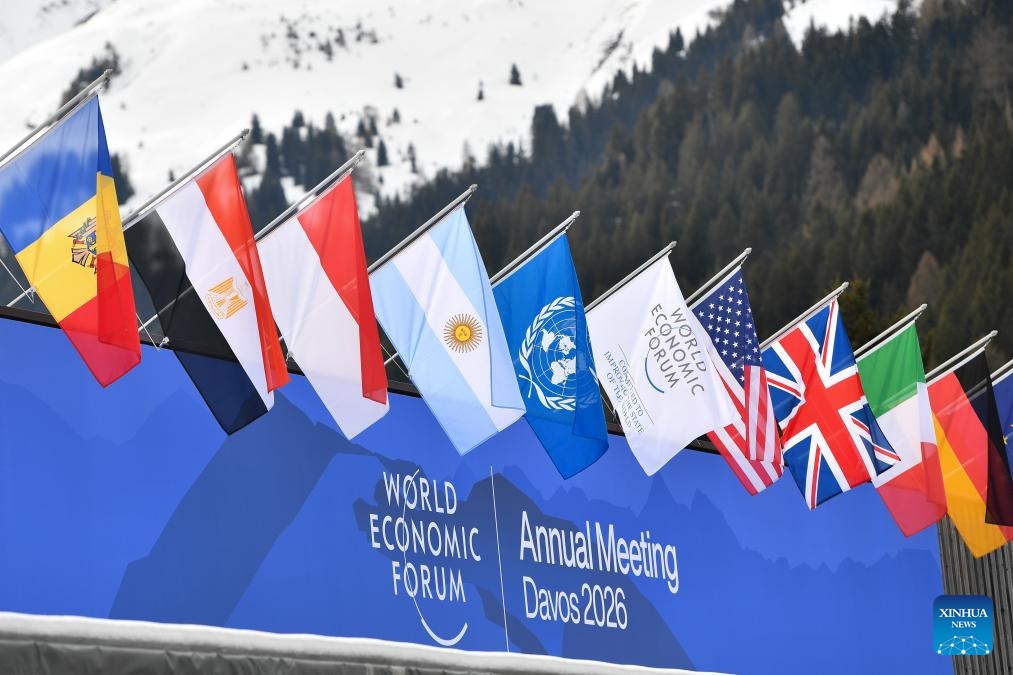Islamabad: Kashmiri political prisoners in Indian jails are facing alarming health risks exacerbated by a severe heat wave gripping North India. Families of prominent detainees, including Asiyeh Andrabi, Nahida Nasreen, and Fehmeeda Sofi, have raised urgent concerns over their deteriorating conditions in Delhi’s prisons, citing inadequate healthcare and oppressive living conditions.
The Legal Forum for Kashmir (LFK) in their policy brief has strongly condemned the treatment of these prisoners as a grave violation of human rights, urging immediate intervention by Indian authorities to ensure proper medical care and improved facilities amid the extreme weather.
These women, detained under contentious charges, represent a broader pattern of arbitrary detentions targeting Kashmiri activists and pro freedom leaders. The conditions they endure highlight systemic issues within Indian prison facilities, which have drawn international criticism for their treatment of political prisoners.
LFK emphasizes India’s obligations under international law to uphold the rights of detainees, including access to medical treatment and humane living conditions. The United Nations Standard Minimum Rules for the Treatment of Prisoners mandate such protections.
LFK calls on the Indian government to cease arbitrary detentions and respect the rights of Kashmiri political prisoners. They demand immediate access to legal and medical professionals, families, and international observers. Upholding international standards for prisoner treatment, including healthcare provisions and living conditions, is crucial. They also urge facilitating urgent visits by the International Committee of the Red Cross (ICRC) to assess conditions at Tihar Jail, New Delhi.
The families of Kashmiri Political Prisoners reveal the distressing conditions of prisoner’s where they lack adequate cooling equipment, endure harsh lighting, and face restricted access to essential medical care and basic amenities. Requests for relief have been repeatedly denied, exacerbating their health vulnerabilities.

Naeem Akhtar plays a key role in shaping editorial content and maintaining the highest standards of accuracy and clarity. His dedication ensures that PNP’s coverage remains timely, reliable, and impactful for its readers worldwide.



